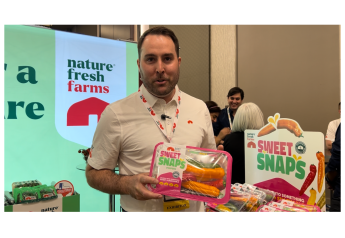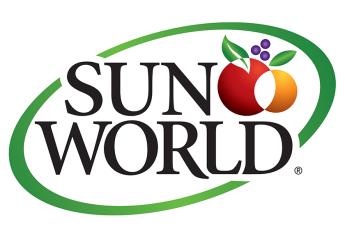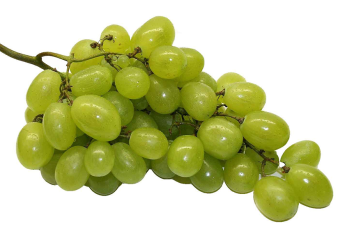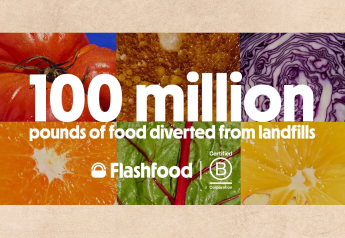Central California vegetable marketers adjust and adapt
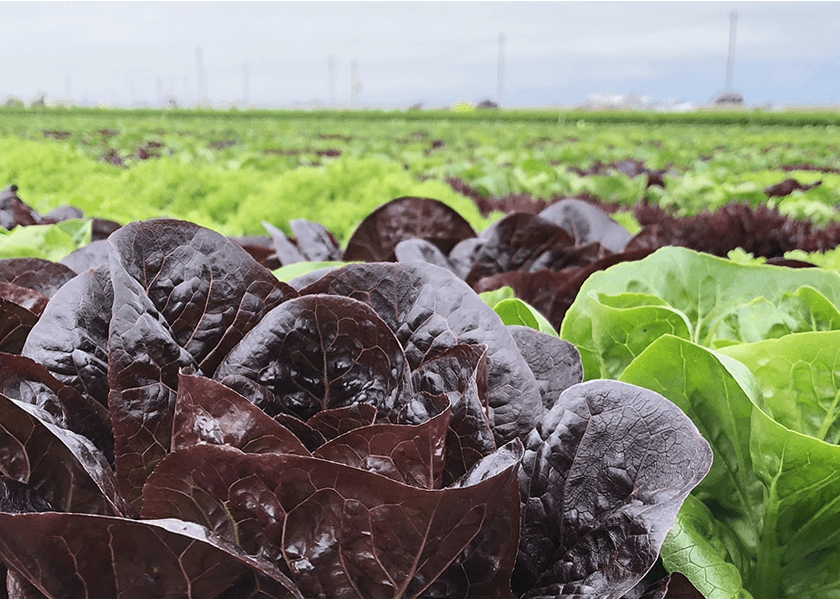
Investing more in digital marketing efforts, California Central Coast producers are gearing up for their second season dealing with the COVID-19 pandemic.
Although there are some definite signs that progress against the disease is being made, the pandemic has changed the way produce marketers approach their jobs.
Costs for labor have increased during the pandemic and that is a common concern of growers.
“The COVID-19 pandemic has impacted operations on many levels and in many ways, from modification on harvest equipment and processes to maintain social distancing to preparing administrative staff to work remotely,” said Diana McClean, senior director of marketing for Castroville, Calif.-based Ocean Mist Farms.
“The biggest adjustment has been developing processes for presenting new products and opportunities through virtual sales meetings and a robust e-mail campaign that includes virtual field reports to replace the customer tours and personal visits that have been curtailed,” she said.
McClean said Ocean Mist Farms has also expanded its distribution channels to include online platforms and invested in online content services. That’s necessary, she said, to ensure the company has e-commerce content “at the ready” for retail partners who are expanding their e-commerce presence.
A continuing challenge is labor, in terms of availability, cost and protocols to keep crews safe, McClean said.
“The biggest opportunity is to continue to align our product offerings with the pandemic-inspired shopping behavior for food-based nutrition and immunity-boosting fresh vegetables,” she said.
Second time around
Last year, the disruption of demand swings during the pandemic caused big disruptions, said Matt Hiltner, marketing coordinator for Babé Farms, Santa Maria, Calif.
“After seeing the initial results of the pandemic, we were forced to scale back our planting and harvesting and focus on growing the varieties that were most in demand at the time,” Hiltner said.
Seeing how last year unfolded, he said the company has been able to better prepare going into 2021.
“We feel we are better positioned to adapt to any waves caused by the pandemic,” he said.
Hiltner said Babé Farms adjusted its marketing efforts during the pandemic by targeting the retail consumer.
“We focused more on products that were well received at the retail level as opposed to other products that are more geared toward foodservice,” he said.
“CSA veggie box programs are another business model that has taken off as a result of the pandemic and we have certainly developed partnerships with those types of companies as well.”
Keeping in touch with buyers includes daily communication, and some special efforts.
“We have even built our own makeshift trade show displays for video calls with buyers to make sure they are educated on all the best-in-season items from Babé Farms,” Hiltner said.
Hiltner said he thinks that, barring another big COVID-19 wave and shutdown, foodservice will be close to pre-pandemic levels in about a year.
“With the vaccine distribution in motion, and cases trending downward, it looks like we are making progress toward that goal,” he said.


